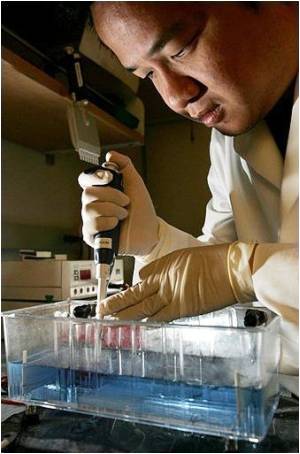
"People think that inflammation drives cancer, but they never understood the mechanism," Michael P. Lisanti, M.D., Ph.D., Professor and Chair of Stem Cell Biology and Regenerative Medicine at Jefferson Medical College of Thomas Jefferson University and a member of the Kimmel Cancer Center, said.
"What we found is that cancer cells are accelerating aging and inflammation, which is making high-energy nutrients to feed cancer cells," he said.
In normal aging, DNA is damaged and the body begins to deteriorate because of oxidative stress.
"We are all slowly rusting, like the Tin-man in the Wizard of Oz. And there is a very similar process going on in the tumour's local environment," Lisanti said.
Interestingly, cancer cells induce "oxidative stress", the rusting process, in normal connective tissue, in order to extract vital nutrients.
Advertisement
"What we see now is that as you age, your whole body becomes more sensitive to this parasitic cancer mechanism, and the cancer cells selectively accelerate the aging process via inflammation in the connective tissue," he stated.
Advertisement
The findings were published online June 1 in the journal Cell Cycle in three separate papers.
Source-ANI














